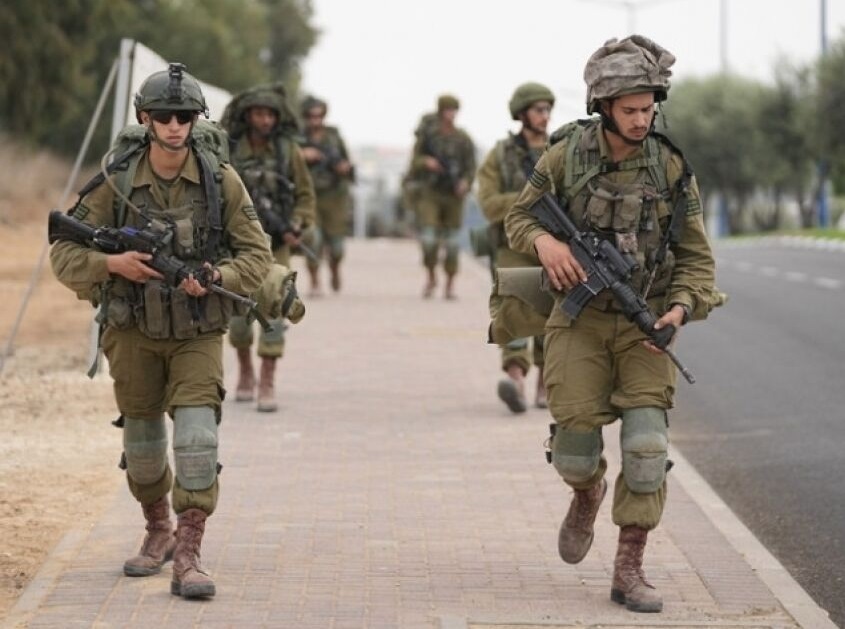In an interview with the website of the Strategic Council on Foreign Relations, Hossein Ruyvaran concerning the point that some people say that after Iran’s military response to the Israeli regime, there are more ways to remove the obstacles to a permanent ceasefire in the international space, said: Iran’s unexpected response to the Zionist regime deepened the deterrence crisis of this regime in the region and the Occupied Territories. The Zionist regime in Gaza failed to achieve the goals it had defined for attacking Hamas after Operation Al-Aqsa Storm on October 7, and this also caused the regime’s deterrence to decrease.
This regional issues expert stated: Iran’s response to the Zionist regime caused our country to restore its military deterrence, which was weakened after the Israeli regime’s air attack on the consular section of the Iranian embassy in Damascus because, from the point of view of international law, embassies are part of the sovereignty of the countries. Therefore, they should not be attacked in any way.
Referring to Iran’s threat of a much stronger response to any possible military action by the Israeli regime against our country, he said: “If Iran fires ten times the number of missiles and drones it fired at the Zionist regime on April 14, the defense systems of the Israeli regime will definitely be able to resist.” It cannot counter it, while the West cannot increase the aid equipment to this regime by ten times, and this, in practice, can cause serious problems for the Zionist regime to deal with Iran’s possible response.
This regional issues expert stated that the Zionist regime had faced many problems in its internal and external issues, which can be examined in strategic and military dimensions, and said: The developments of the last week or two have caused the
West to take measures to end the Gaza crisis. And follow more measures to contain the Israeli regime.
Ruyvaran said about the impact of the tension between Iran and the Zionist regime on the issue of Gaza: Iran’s military response to the Zionist regime has had both positive and negative effects. The revelation of the Zionist regime’s defense inability and the reduction of its deterrence will force this regime to accept its limitations sooner or later, and this is the issue that the Zionist regime officials have somehow announced to Netanyahu.
But on the other hand, because Iran’s strike was extensive and a show of strength, it will definitely overshadow the Gaza issue. But this is a short-term issue, and in the long term, we will see more of the strategic dimensions of Iran’s attack on the Zionist regime, which ultimately benefits Gaza in a way that pushes the Israeli regime to withdraw from its positions and the West to end the crisis.










0 Comments